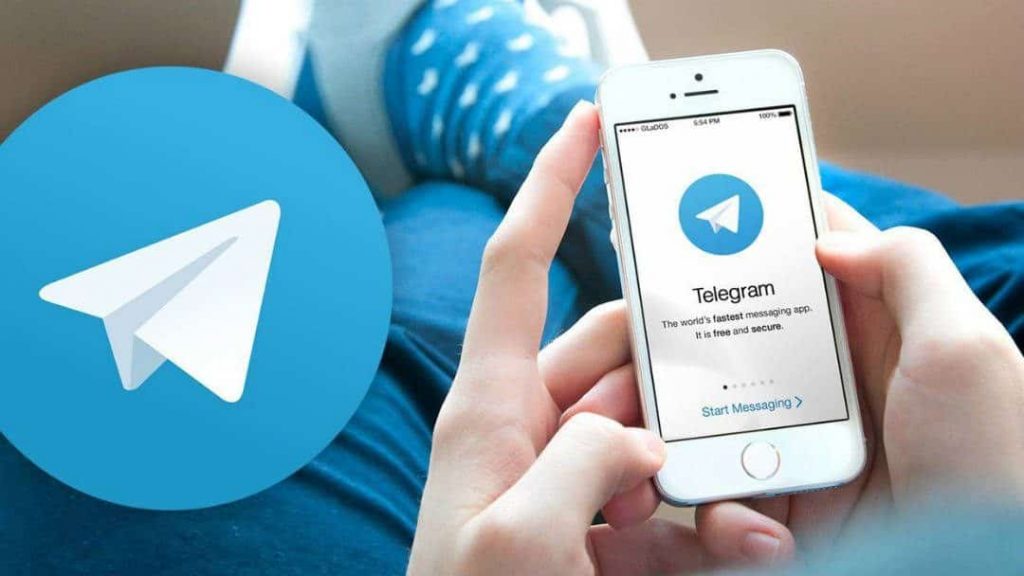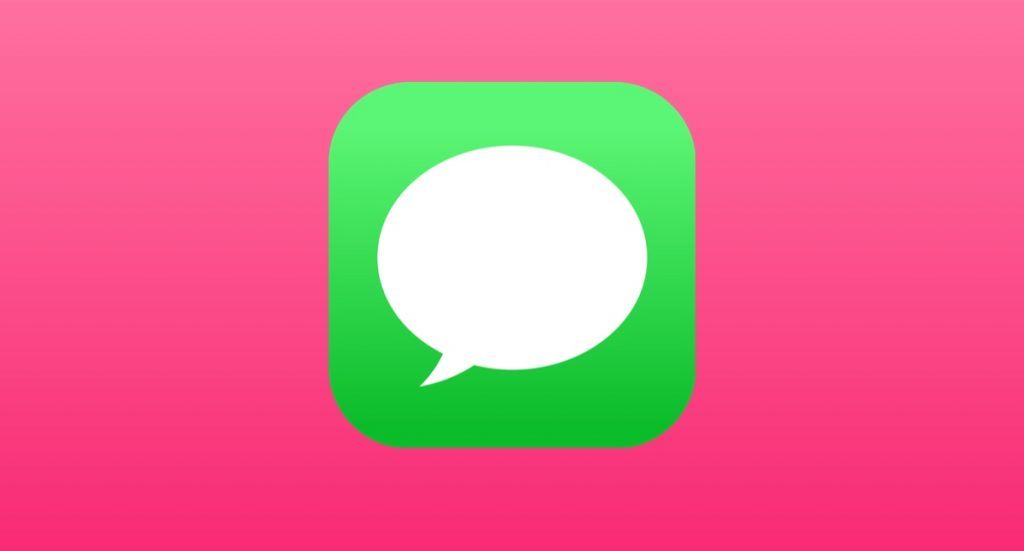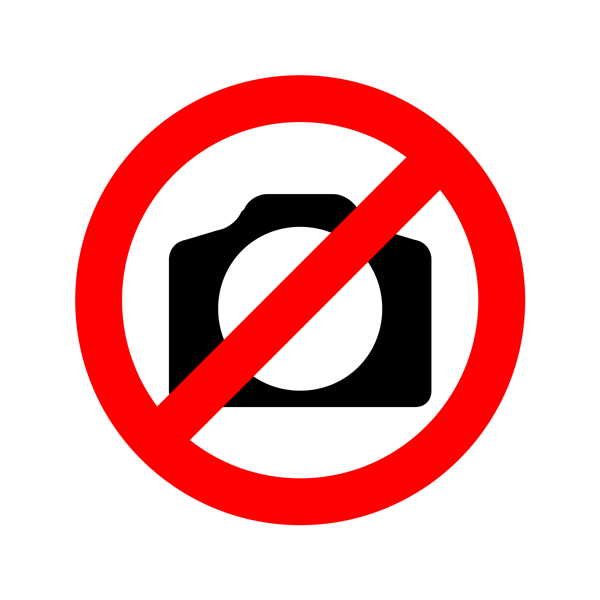Not sure which messaging app keeps your data secure and encrypted? and Which one will keep your data private? In this article, we compared every major messaging apps – WhatsApp vs. Signal vs. Telegram vs. Viber vs. iMessage!
What messaging app is the most secure and private?
If your top priority is encryption and privacy, don’t waste your time with anything but Signal. Because Signal is about pure privacy. If that’s what you’re after, nothing beats Signal.
Signal, Telegram, WhatsApp, Viber, and iMessage all use end-to-end encryption (at least in some portion of their app), meaning that if an outside party intercepts your texts, they would be scrambled and unreadable. It also means that the exact content of your messages supposedly can’t be viewed by the people working for any of those apps when you are communicating with another private user. This prevents law enforcement, your mobile carrier, and other snooping entities from being able to read the contents of your messages, even when they intercept them.
The privacy and security differences between iMessage, Viber, Signal, Telegram, and WhatsApp just couldn’t be bigger, though. Here’s what you need to know about each of them.
| Signal | Viber | iMessage | Telegram | ||
|---|---|---|---|---|---|
| End-To-End Encryption | |||||
| Encryption Turned On By Default | |||||
| Open Source | |||||
| Verify Contact Fingerprints | |||||
| Set Message To Self Destruct | Limited | ||||
| Encrypts All Metadata | |||||
| No IP Address or Timestamp Logs Kept By Company |
Signal
The King Of Encryption

- Data collection: Does not collect data, except your phone number
- Cost: Free, no ads, funded by nonprofit Signal Foundation
- Code: Fully open-source
- Encryption: Signal Protocol
Signal app gives you all of the basic messaging features you’ll need, including group chats, voice, and video calls, and even emoji support. Signal is your best option if you’re looking for a super-secure messaging app. The app available on both Apple’s App Store and Google’s Play Store and the registration process is easy like others (just enter your phone number).
Telegram

- Data collection: Name, phone number, contacts, user ID, and IP address
- Cost: Free, forthcoming Ad Platform and premium features, funded mainly by founder
- Code: Partly open-source
- Encryption: MTProto
Telegram is a popular private messaging app with end-to-end encryption, a nice interface, and lots of features. One big plus for some users is that Telegram doesn’t limit the file size of media or documents you share, which made Telegram to be one of the biggest pirate online-watch sources. And you can set messages and files to self destruct after you send them.
Telegram has been in several breaches. Some 42 million Telegram user IDs and phone numbers were exposed in March of 2020, thought to be the work of Iranian government officials. It would be the second massive breach linked to Iran, after 15 million Iranian users were exposed in 2016. A Telegram bug was exploited by Chinese authorities in 2019 during the Hong Kong protests. Then there was the deep-fake bot on Telegram that has been allowed to create forged nudes of women from regular pictures. Most recently, its GPS-enabled feature allowing you to find others near you has created obvious problems for privacy.
The app available on both Apple’s App Store and Google’s Play Store and the registration process is easy like other’s (just enter your phone number).
Viber

- Data collection: name, email, birth date, phone number and, when necessary, billing information, social media information, activity information.
- Cost: Free, paid phone line call abroad (rates) – shareholders – Rakuten
- Code: Partly open-source
- Encryption: Signal Protocol
Viber offers a nice private messaging app that’s most similar to Telegram, with a big exception that Viber’s end-to-end encryption is always turned on by default.
This app offers a variety of functionality, including regular messaging, file sharing, audio and video calls, instant voice and video, group messaging with unlimited users, hidden chat rooms, and more.
Viber’s encryption is based on protocol signal, but they’ve made many changes with it with their own proprietary additions (And because is not an open-source app, it can’t be independently audited). Another negative aspect of Viber is that experts tell that Viber’s security underperforms when compared to Signal and other ultra-secure messaging apps.
The app available on both Apple’s App Store and Google’s Play Store and the registration process is easy like others (just enter your phone number).
Apple iMessage

- Data collection: email address, phone number, search history, device ID
- Cost: Free, funded by Apple
- Code: Partly open-source
- Encryption: Apple development
- Available only for iPhone users
A funny thing about iMessage is that many Apple users don’t even realize they’re already using encrypted messaging via iMessage, Apple’s default messaging app, but is iMessage enough to protect your privacy? Sadly no. Viber offers a nice private messaging app that’s most similar to Telegram, with a big exception that Viber’s end-to-end encryption is always turned on by default.
Although iMessage does use end-to-end encryption, it’s not open source, so no one but Apple can really review its cryptography. It also doesn’t have contact ID verification. And many experts have warned about its security.

- Data collection: Too much to list (the full below)
- Cost: Free; business versions available for free, funded by Facebook
- Code: Partly open-source
- Encryption: Signal Protocol
On the security aspect, WhatsApp’s encryption is the same as Signal’s, and that encryption is secure. But keep in mind, that encryption protocol is only one of the few open-source parts of WhatsApp, so we’re being asked to trust WhatsApp more than we are Signal.
For me, it’s not the security aspect that worries me about WhatsApp as much as the privacy. No one is excited for Facebook to have another piece of software installed on my phone from which it can collect still more behavioral data.

When WhatsApp says it can’t see the content of the encrypted messages you send to other people WhatsApp users. But they do have a long list of other data that it collects that could be linked to your identity:
- Device ID
- User ID
- Advertising Data
- Purchase History
- Coarse Location
- Phone Number
- Email Address
- Contacts
- Product Interaction
- Crash Data
- Performance Data
- Other Diagnostic Data
- Payment Info
- Customer Support
- Product Interaction
- Other User Content
This is way more than Signal or Telegram.
Is WhatsApp more convenient than most other competitors? Sure. Is it prettier? Yes, it is. Is it just as secure? Probably. But is it more private? Not really, WhatsApp collects much more data about you than others in this list. For real privacy, use Signal.
Bottom line, sure Signal is most secure, and although it’s not pretty like WhatsApp is, it easy to use. But the real problem is that most people don’t use Signal, and in order to receive messages on Signal, both the sender and the receiver must have the app installed on the phone. And this is a big problem…




GIPHY App Key not set. Please check settings